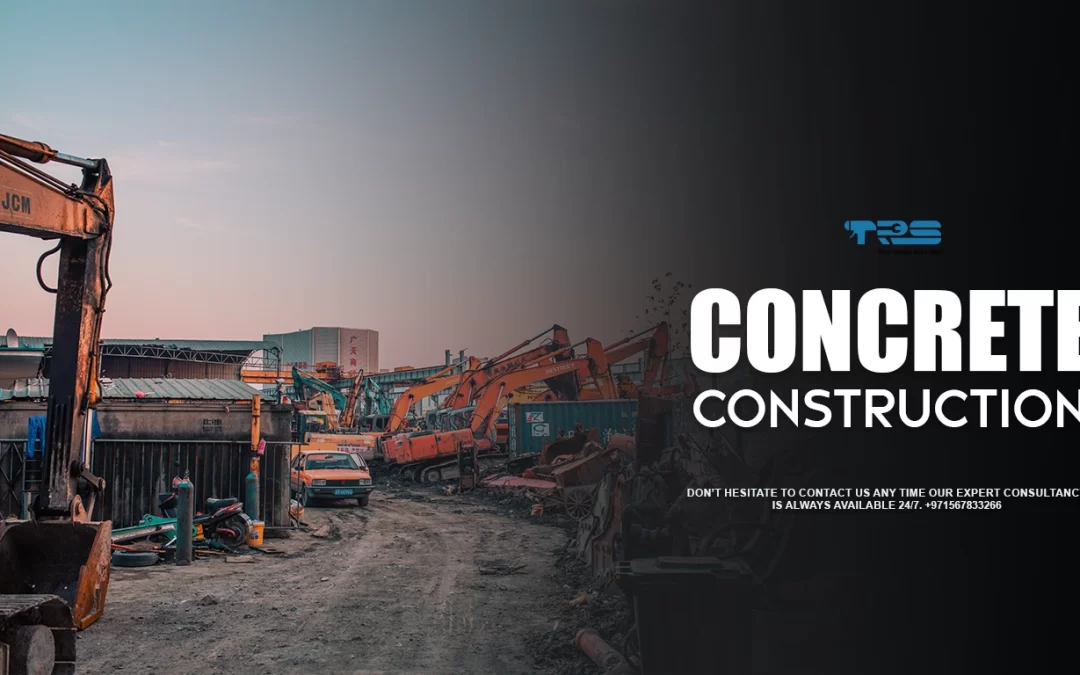Concrete work in Dubai Don’t hesitate to contact us any time our expert consultancy is always available 24/7.
Learn the basics of concrete mixes and get an overview of concrete construction procedures.
bugholes_th One of the primary influences affecting the aesthetics of a concrete surface is the bungalow.
They are known by different names, but they all refer to a common problem that contractors want to minimize.
Micro-gaps are small, regular,
or irregular cavities (usually not exceeding 9/16 inches) caused by the entrapment
of air bubbles on the surface of vertically formed concrete structures during placement
and consolidation. Read more about the cottages.
Concrete work Building tips for hassle-free concrete slabs
Tips_1 Concrete is the material of choice for driveways, sidewalks, patios, steps, garages, basements, and industrial floors.
Proper attention to standard practices and procedures for exterior or interior concrete construction
can produce a concrete surface that will provide long-term, superior performance.
Learn more construction tips that will help build quality concrete projects.
Pouring concrete in cold weather
Cold_12273 Cold-weather concrete pouring is a common and necessary practice,
and each cold-weather application must be carefully considered to accommodate its unique requirements.
The current American Concrete Institute definition of cold-weather concrete,
as stated in ACI 306, is “when the air temperature drops to 40°F or is expected to fall below 40°F during the protection period.
“This identification can lead to problems with concrete hardening at an early age.
The first rule is that all concrete must be protected from freezing until it reaches a minimum compressive strength of 500 psi,
which typically occurs within the first 24 hours.
the following general issues must be considered:
(1) the temperature of the initial concrete as delivered,
(ii) protection during placement, consolidation, and finishing of concrete and
(iii) curing temperatures to produce high-quality concrete.
Concrete work Conductive concrete
The solar reflectivity of Portland cement itself has the greatest effect on the reflectivity of concrete:
the higher the reflectivity of the cement,
the greater the reflectivity of the concrete.
Read more about conductive concrete.
treatment in construction
This allows chemical reactions to occur between the cement and the water.
The result of this process is increased strength and reduced permeability,
both of which improve durability in well-proportioned concrete.
Curing is also a major player in mitigating cracks in concrete,
which can also severely affect durability.
The term “concrete moisture” is understood to mean the total water used in the concrete batch,
plus the curing water, minus the water bound in the cement hardened due to hydration.
Drying begins when
water is no longer available on the exposed surface.
In addition to curing is an essential step in the pouring process,
the drive for sustainability makes paying special attention to curing all the more important.
When an intelligent, appropriate, and practical treatment is used,
the amount of cement required to achieve a given strength and toughness can be reduced or partially reduced.
It can be partially replaced by complementary cementitious materials.
This often leads to a reduction in the cost as well as the carbon footprint of the concrete work mix.
It is also essential to allow the concrete to mature properly to provide its full-service life.
It is this service life, which can extend to hundreds or thousands of years,
that provides concrete with the potential to meet the needs of many generations.
Read more about curing concrete.
Shrinkage joints/control flat work of concrete
Tips_11 The most widely used method to control random cracking in concrete work slabs is to place shrinkage/control spacers on the concrete surface.
As the concrete hardens, a decrease in volume (shrinkage) occurs,
which often leads to the cracking of the concrete.
The joints are aesthetically pleasing because the cracking occurs in a controlled manner below the finished concrete work surface.
The concrete still cracks, which is normal behavior,
but the lack of random cracks on the concrete surface gives the appearance of an uncracked section.
Shrink joints shall be placed to produce panels that are as square as possible
and never exceed a length-to-width ratio of 1.5 to 1.
The spacers are normally spaced 24 to 30 times the thickness of the panel
and installed to a depth of one-quarter of the thickness of the panel.
Spacers shall be sawn as soon as the concrete can bear the sawing energy without stripping or dislodging aggregate particles.
For most concrete mixes, this means that sawing should take place within the first six to 18 hours and never be delayed more than 24 hours.
See more about contracture joints.
Concrete drying
Problems from excess moisture include deterioration and loosening of floor coverings,
trip and fall hazards, microbial growth resulting in reduced indoor air quality,
staining, and deterioration of building finishes.
The terms curing and drying are often used interchangeably with regard to the moisture condition of new concrete slabs.
Drying begins when water is no longer available on the exposed surface.
Read more about drying concrete.
Engineered cement composite joint panels
The engineering cementitious compound is proven to reduce cracking and exhibit high ductility.
This ductility has led to it being called “bendable concrete”.
An engineered cementitious compound is the design of a proprietary mix using cement, sand, fly ash, water, admixtures,
and fibers. Its most outstanding mechanical property is a maximum tensile stress capacity of three to five percent.
This strain capacity, which is more than 300 times that of ordinary concrete,
is achieved by forming a large number of micro-cracks with increasing load
and allowing the material to deform similarly to ductile metals.
Finishing of aerated concrete
Used in many applications, aerated concrete is concrete that uses air-trapping cement or an air-absorbent mixture
to produce a system of very fine air bubbles (usually much less than 1 mm in diameter) within the hardened cement paste.
These bubbles develop during the mixing process and are stabilized by the action of an air-sucking agent.
The primary use of air-fractured concrete is as freeze/thaw resistance.
The solid trowel is a process by which a finisher uses a steel trowel to thicken the concrete surface.
This finish is optional and produces a hard
and smooth surface. The use of steel trowels for aerated concrete is not recommended for several reasons.
Read more about finishing with aerated concrete.
Concrete pouring in hot weather
When the temperature of freshly mixed concrete approaches approximately 77 degrees Fahrenheit,
adverse site conditions can negatively affect the quality of the concrete.
The precautions required to ensure the quality of the final product
will vary depending on the actual conditions during the concrete work placement
and the specific use for which the concrete work will be used. In general,
if the temperature at the time of pouring the concrete work is going to exceed 77 degrees Fahrenheit,
a plan must be put in place to nullify the effects of the high temperatures.
Read more about suggested precautions for concrete work in hot weather.
Don’t hesitate to contact us any time our expert consultancy is always available 24/7.
+971567833266
Explore more about our service :
Ceiling Services | Ceiling Work | 0567833266
Electrical Work Services in Dubai | Electrical Work | 0567833266
Professional Email | With Tips and Examples | 0567833266

